In a world where borders blur and identities evolve, few artists manage to preserve the purity of tradition while embracing the rhythm of the present. Bridging generations, geography, and hearts with his music, Faraj Abyad, a Syrian-American singer, musician, and composer, is a rare talent.
Born in the U.S. to a Syrian family, Abyad grew up surrounded by the sounds of classical Arab music—melodies that echoed through his childhood and rooted themselves deep in his artistic soul. From an early age, he was captivated by the emotive power of traditional Arabic singing, especially the rich, nuanced style known as tarab—a form of music intended to entertain and transport.
Abyad's voice carries the weight of cultural memory and the clarity of personal passion. His performances, whether of a centuries-old muwashshah or one of his own compositions, are not just musical renditions, but emotional journeys. They often evoke a sense of spiritual connection, invoking homeland, longing, and pride, making the audience feel deeply connected and moved.
In an era of fast beats and fleeting attention spans, Faraj Abyad's commitment to classical Arabic music is not only admirable—it's vital. His work reminds us of the importance of keeping our cultural heritage alive, especially for those living in the diaspora. For many Arab-Americans and Syrians scattered across the globe, his music is more than nostalgic—it's an anchor to identity, instilling a sense of responsibility and pride in the audience.
But Abyad is not a purist in the limiting sense. While his foundation is classical, his artistry is anything but static. His compositions often fuse traditional elements with subtle contemporary touches, making them authentic and accessible to a broader audience. This balancing act of honoring the past while engaging the present makes his work resonate so widely.
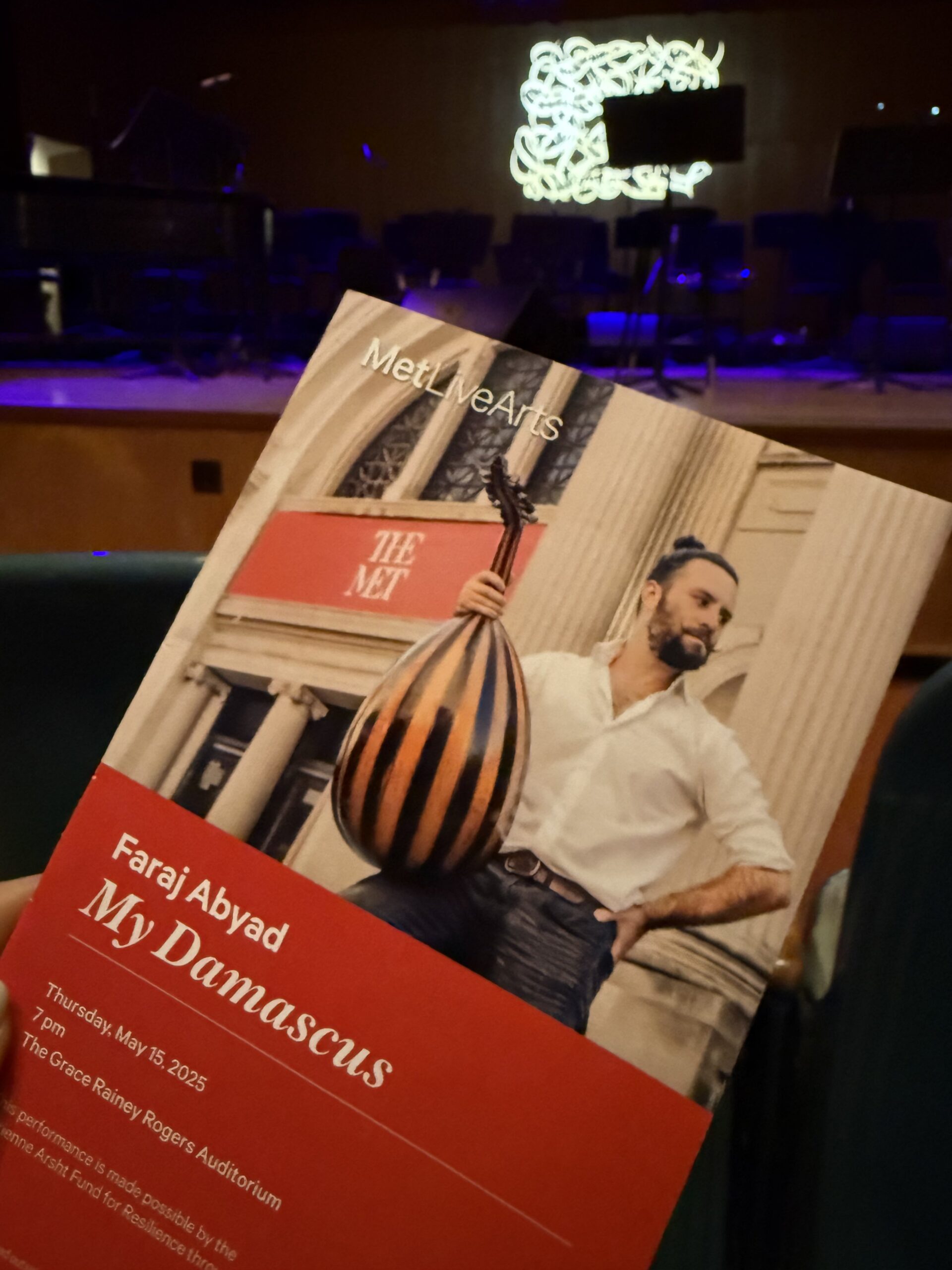
His journey as a musician has taken him from intimate cultural gatherings to renowned stages, where audiences, regardless of their familiarity with Arabic music, find themselves unexpectedly moved. Abyad's music transcends language and culture, resonating with sincerity and soul, making the audience feel included and part of a global community.
In Faraj Abyad's voice, we hear more than melodies—we hear memory, the resilience of a people, and the quiet but powerful beauty of staying true to one's roots. In carrying the soul of Syria through music, he gives voice not just to a tradition but to culture and a spirit that refuses to be forgotten.
About the author
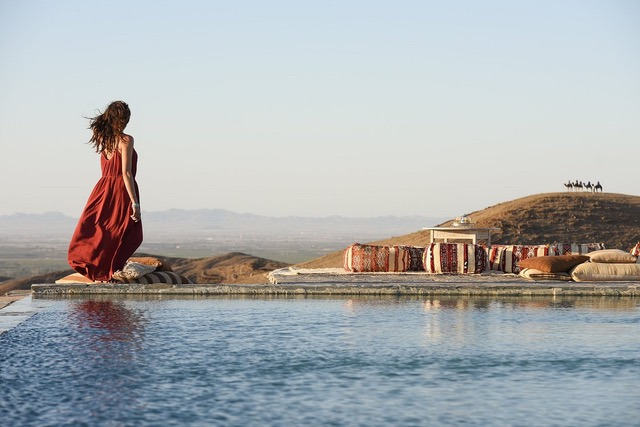
Subscribe
-
 Whispers of the Nile
Whispers of the Nile -
 Suite Life and Miami vibes
Suite Life and Miami vibes -
 Formentera Unveiled: The Hidden Jewel of the Balearic Sea
Formentera Unveiled: The Hidden Jewel of the Balearic Sea -
 The Allure of Lake Como
The Allure of Lake Como -
 Smarter Than Smart: The Intelligence That Truly Shapes Success
Smarter Than Smart: The Intelligence That Truly Shapes Success









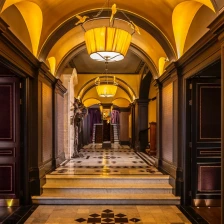



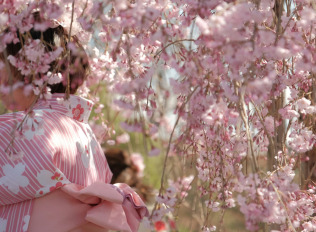

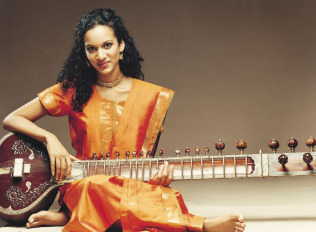
Leave a Reply